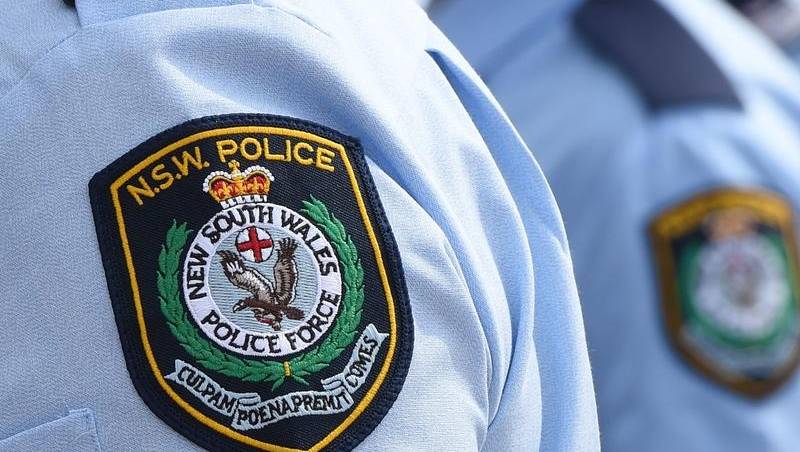The NSW Police Force breached its duty of care to a police officer who became depressed after witnessing traumatic scenes of death and injury and had colleagues kill themselves, the NSW District Court has found.
Now the state will have to compensate the officer for her complete inability to work due to major depression.
The woman, Ms K Skinner, worked for the police force between 1992 and 2010.
Early in her career, Ms Skinner witnessed a man shoot himself in the face, and attended the aftermath of suicides.
In 2005, she unsuccessfully tried to revive a man at the scene of a car accident. She had to tell his family he had died.
The same year, she attended a “grizzly spectacle” of a decomposed body with an “overwhelming stench” hanging in the bush – an incident the court referred as “dead man Danny”.
She had to remove the body and clean fluids off his wallet.
Police did not organise critical incident debriefings after the car accident or dead man Danny events, Judge Alister Abadee found.
That meant there were no records on file of any psychological difficulties she had following the incidents when she faced challenges later.
Ms Skinner took stress leave in March and May 2007.
In May 2007, after she had been working in an administrative role, her commander suggested she might return to frontline policing work.
She told him she was “sick of being physically and psychologically injured at work”.
Then in June and September 2007, two colleagues she was friendly with killed themselves.
The police organised a psychologist to attend the police station, encouraged staff to use an Employee Assistance Program (EAP), and organised a presentation from the Black Dog Institute.
There was a queue of other officers to see the psychologist when Ms Skinner had a session.
The judge found that the NSW Police Force had a responsibility to identify officers it thought were at risk of suffering psychological harm from their duties, take steps to ensure they were getting treatment, and help them return to work safely if they could.
He found that her commander should have organised for Ms Skinner’s mental health to be fully assessed in 2007 before suggesting she return to frontline duties.
His failure to do so “set in train a sequence of events which exacerbated (her) psychological condition … until her ultimate medical discharge,” he said.
The prospect of going back to general duties hung over Ms Skinner’s head and caused psychological injury, which was exacerbated by her colleagues’ suicides and difficulties with colleagues, the judge said.
The police response to the suicides was “not enough”, Judge Abadee said. It was generic and not tailored to the needs of individual officers who were at risk.
Ms Skinner returned to frontline work before going on sick leave in 2008.
She has not been able to work since her 2010 medical discharge due to her “chronic and disabling” condition.
Ms Skinner also has PTSD, but the court did not find the condition was caused by any breach of a duty of care.
The court rejected other compensation claims over alleged workplace bullying.
The court will rule on how much the state must pay Ms Skinner later this month.
Asked for comment on the case, NSW Police said officer deaths on duty, notifiable injuries or illnesses are referred to SafeWork NSW, and that those investigations are a matter for SafeWork.
“The NSWPF has a resignation survey and employees are encouraged to complete it via an interview with their manager, or, if they prefer, by themselves in writing,” a police spokesperson said.
1800 RESPECT (1800 737 732)
Australian Associated Press
